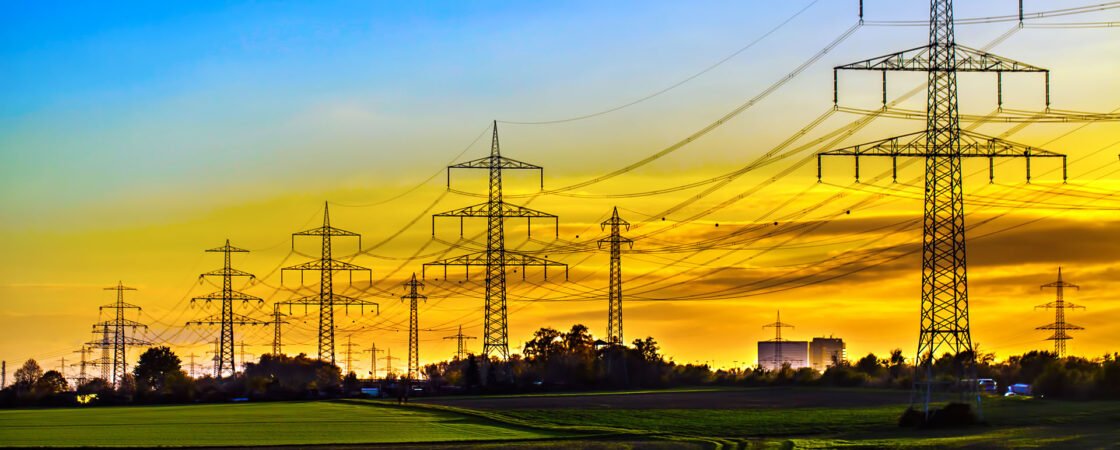In the ever-evolving landscape of energy management, load controllers have emerged as a pivotal technology in our quest to reduce energy bills. As households and businesses strive to manage their energy consumption more efficiently, load controllers offer a promising solution to optimize usage, cut costs, and contribute to a more sustainable future.
Understanding Load Controllers
Load controllers, also known as demand controllers or energy management systems, are devices designed to regulate the power consumption of electrical appliances and systems within a building. They function by monitoring energy usage and strategically turning off or reducing the power to non-essential loads during peak demand periods. This approach helps to balance the load, prevent energy waste, and ultimately lower energy bills.
How Load Controllers Work
At their core, load controllers utilize sophisticated algorithms to manage energy distribution. They are typically connected to various appliances and systems, such as HVAC (heating, ventilation, and air conditioning), lighting, water heaters, and industrial equipment. By analyzing real-time data on energy consumption, load controllers can make informed decisions about when and how to reduce or shift loads without compromising comfort or productivity.
Benefits of Load Controllers
Cost Savings
One of the most immediate and tangible benefits of load controllers is the reduction in energy bills. By optimizing energy usage and avoiding peak demand charges, both residential and commercial users can achieve substantial savings. In regions where time-of-use pricing is implemented, load controllers can be particularly effective in shifting energy consumption to off-peak hours, further reducing costs.
Enhanced Energy Efficiency
Load controllers contribute to overall energy efficiency by ensuring that energy is used only when necessary. This not only reduces waste but also extends the lifespan of appliances and systems, as they are subjected to less wear and tear. For businesses, improved energy efficiency can translate into higher productivity and lower operational costs.
Environmental Impact
Reducing energy consumption through load controllers also has a positive environmental impact. By decreasing the electricity demand, these devices help lower greenhouse gas emissions associated with power generation. This contributes to broader efforts to combat climate change and promotes sustainability.
Grid Stability
Load controllers play a crucial role in maintaining grid stability. By managing demand and preventing sudden spikes in energy usage, they help utilities maintain a balanced and reliable power supply. This is particularly important as more renewable energy sources, which can be intermittent, are integrated into the grid.
Applications of Load Controllers
Residential Use
In homes, load controllers can be integrated with smart home systems to manage various appliances and devices. Homeowners can set preferences and schedules, allowing the load controller to operate autonomously. For instance, a load controller can be programmed to run the dishwasher or laundry machines during off-peak hours or reduce heating and cooling when the house is unoccupied.
Commercial and Industrial Use
In commercial and industrial settings, load controllers are essential for managing large-scale energy consumption. They can be used to control HVAC systems, lighting, refrigeration, and industrial processes. By optimizing energy usage, businesses can reduce operational costs and improve their bottom line. Additionally, some load controllers offer advanced features such as predictive maintenance and real-time energy analytics, providing valuable insights into energy performance.
Summing up, load controllers represent a crucial element in our quest to reduce energy bills and promote sustainable energy practices. By optimizing energy usage, enhancing efficiency, and contributing to grid stability, they offer a multifaceted solution to the challenges of modern energy management.


